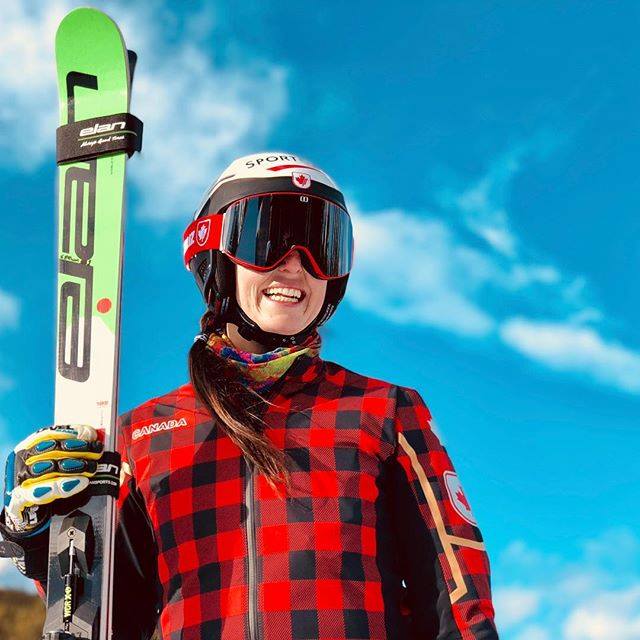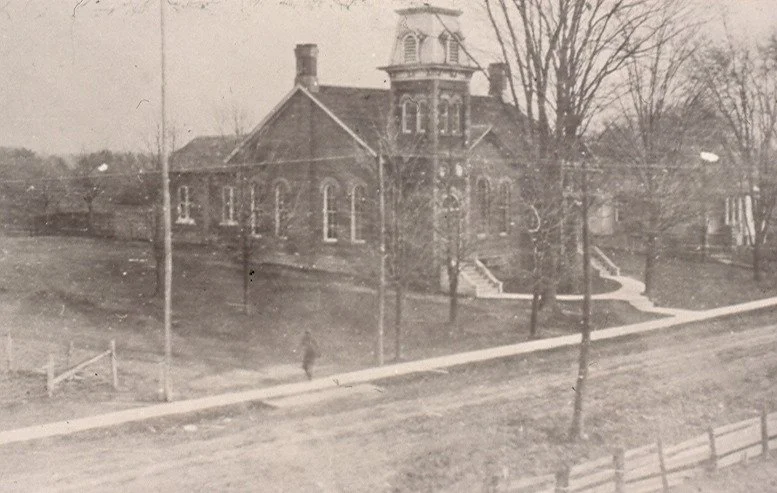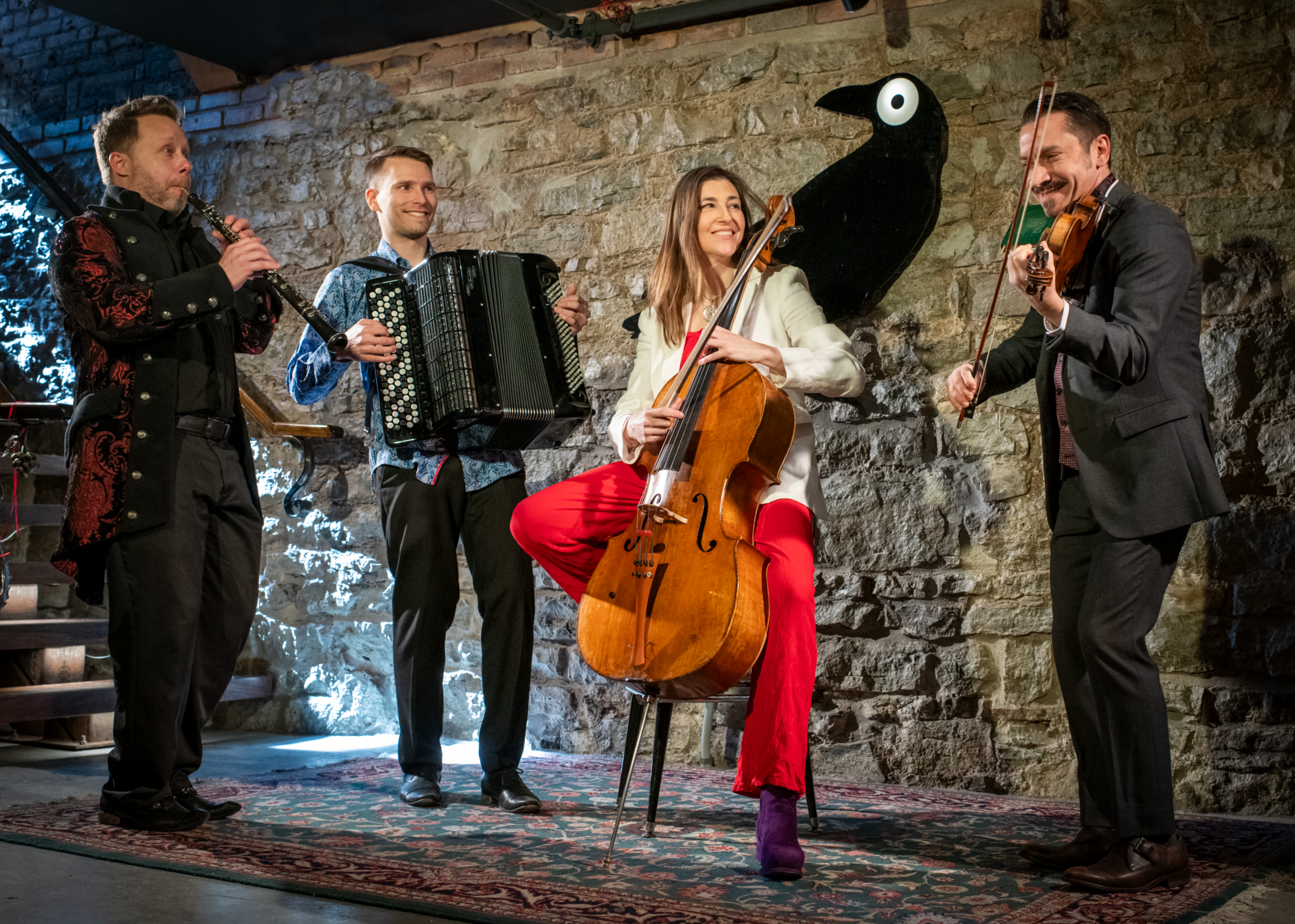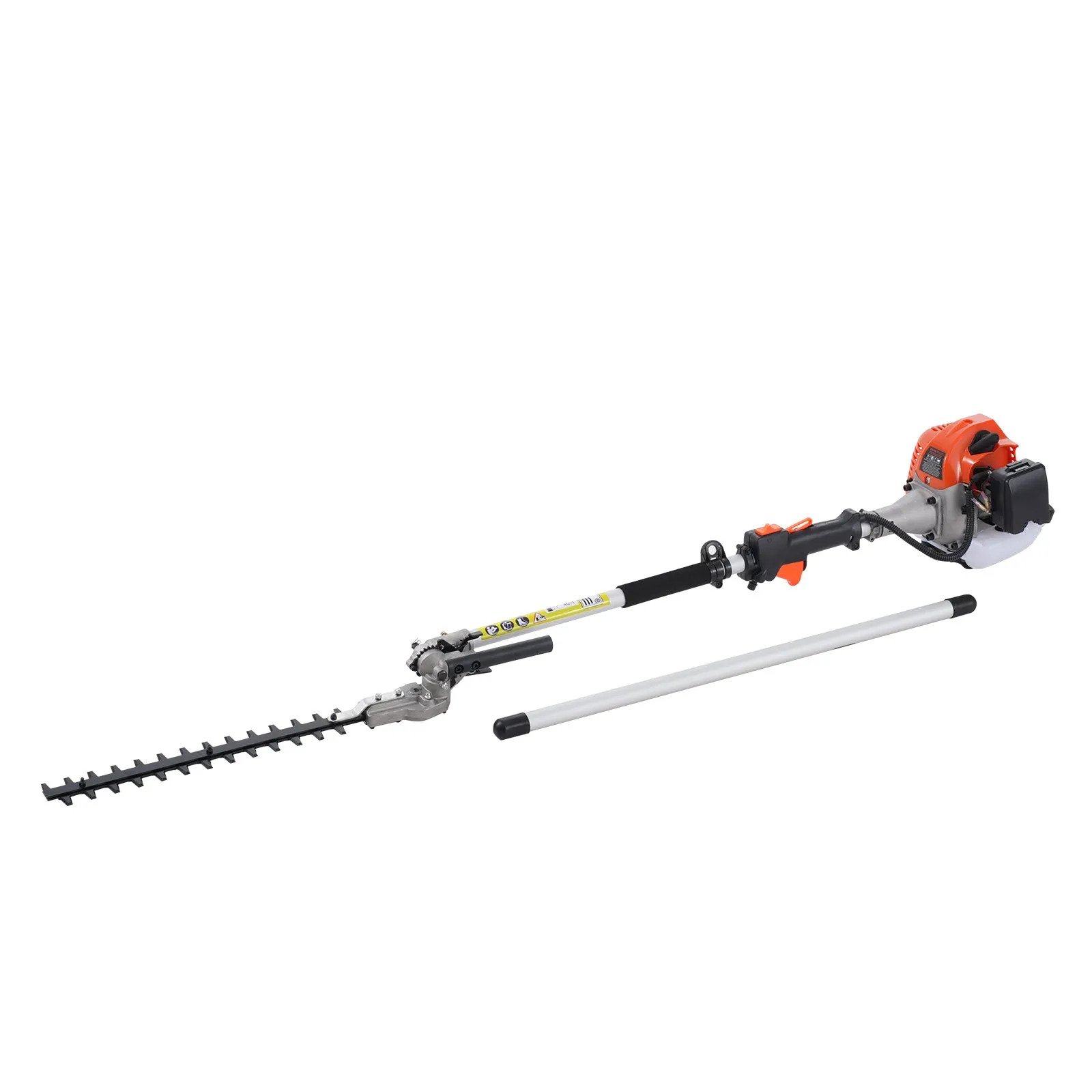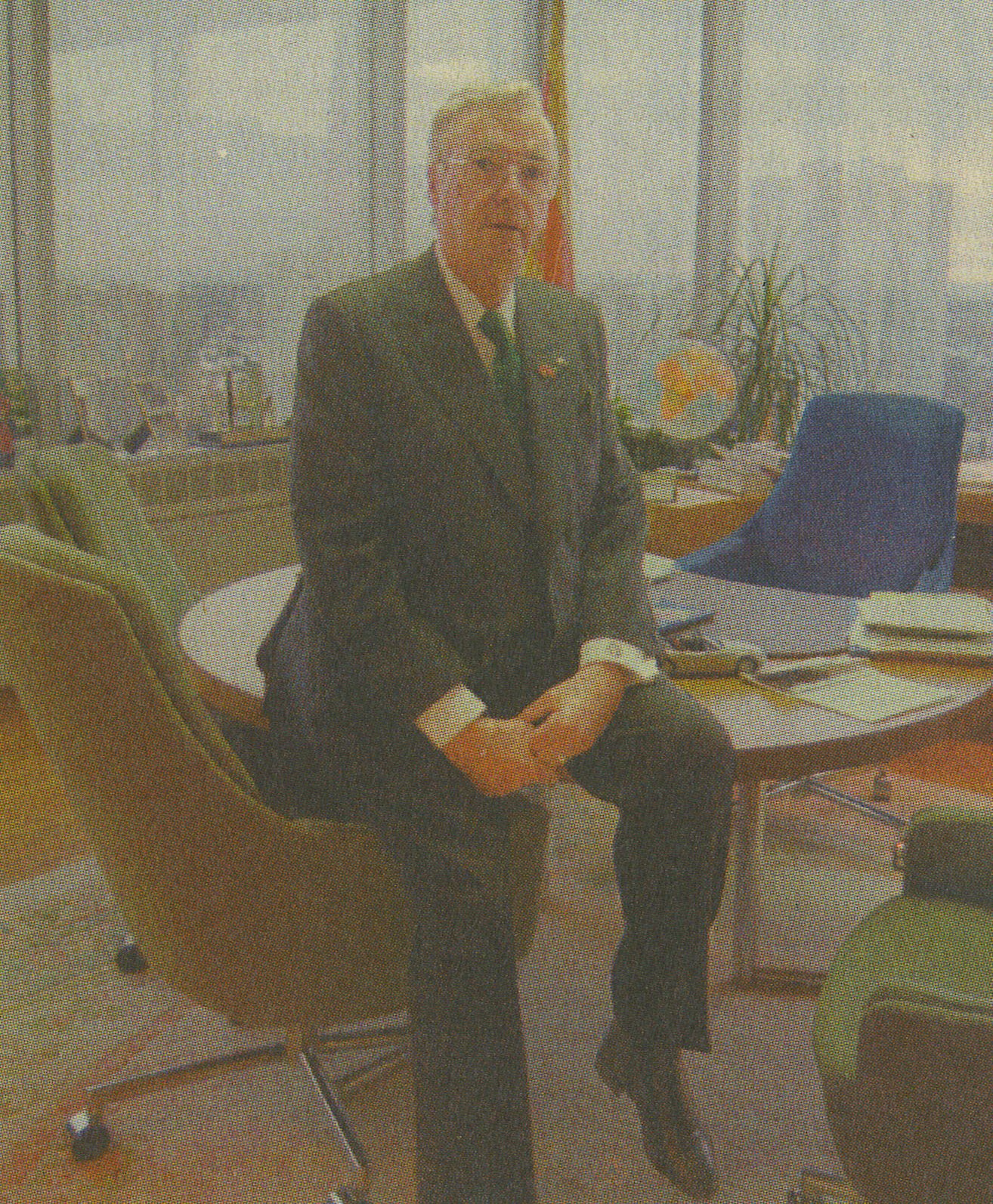Modern Athlete - Canadian Olympic Gold Medalist Kelsey Serwa
/We chat with Canadian Gold Medal athlete Kelsey Serwa on her motivation to win gold, why she decided against retiring and her advice for the new crop of athletes.
1. You've accomplished quite a bit before hitting 30 - What's on the horizon for the next five years?
At the moment, I am taking courses at UBC Okanagan in my hometown of Kelowna, working towards a degree in Human Kinetics. I’m about half way through the program with a passion to pursue physiotherapy. Including the Masters program, I’ll have four more years of education to complete so I suppose that will be my main focus over the next 5 years (interrupted with as much skiing as possible).
2. When you won silver in 2014, how specifically did that motivate you to improve going forward?
Finishing 2nd in 2014 really gave me an extra kick of motivation to train and compete for another four years. In fact, I think the first thing I said to my parents when I saw them in the finish line after that race was, “I guess were going to another Olympics”, said with a smile on my face of course.
3. In December of 2016 when you were contemplating retirement, what were your initial thoughts about what you would do if you did decide to retire?
I’ve always been contentious about balancing life outside of sport, so I’ve never feared “whats next” when contemplating retirement. Furthering my education has always been a high priority of mine so I always knew that is where I’d go.
4. What specifically led you to opt against retirement after your 2016 accident?
When an injury happens, its easy to get caught up with the emotions of what you’re experiencing in that moment. The emotional rollercoaster through compounding injuries over the years definitely made me question my ability to come back to sport this time around. But once all the rehab training was complete, my confidence began to rebuild and it became a lot easier to see myself back in the start-gate at a competitive level.
5. Describe your feelings and emotions when you found out you won gold this year.
Completely and utterly elated. I was so proud that I stuck with it, despite experiencing more downs than ups in my career. Looking back, I’m so incredibly grateful that everything aligned so perfectly on that day for both myself and my teammate Britt Phelan (who finished 2nd). The absolute best part of it was that we shared both this journey and the success together. Even movies can’t write a more perfect script ;)
6. How important is mental training to an athlete?
Mental fortitude is everything, and I believe it was my persistence and grit that really afforded me the opportunity to come back time and time again from injuries. At the Olympics, everyone is physically fit for their discipline. Often, what separates medal performances is an athlete’s ability to stay focused and in control even through chaos and high pressure situations.
7. Is mental training more important than physical training and why?
Both are extremely important elements of a successful athlete and both should be trained.
8. What advice do you have for the next generation of Olympic hopefuls in your sport?
My best advice to anyone is to stay persistent and hungry for improvement, and to see “failure” as an opportunity to better yourself.
9. Pineapple on pizza?
Absolutely
10. How do you spend the off-season?
We are always training to be at the top of our game come the winter months. A blend of outdoor activities, weight training, gymnastics, mental training, all balanced with time for recovery are regular happenings throughout the summer months.





